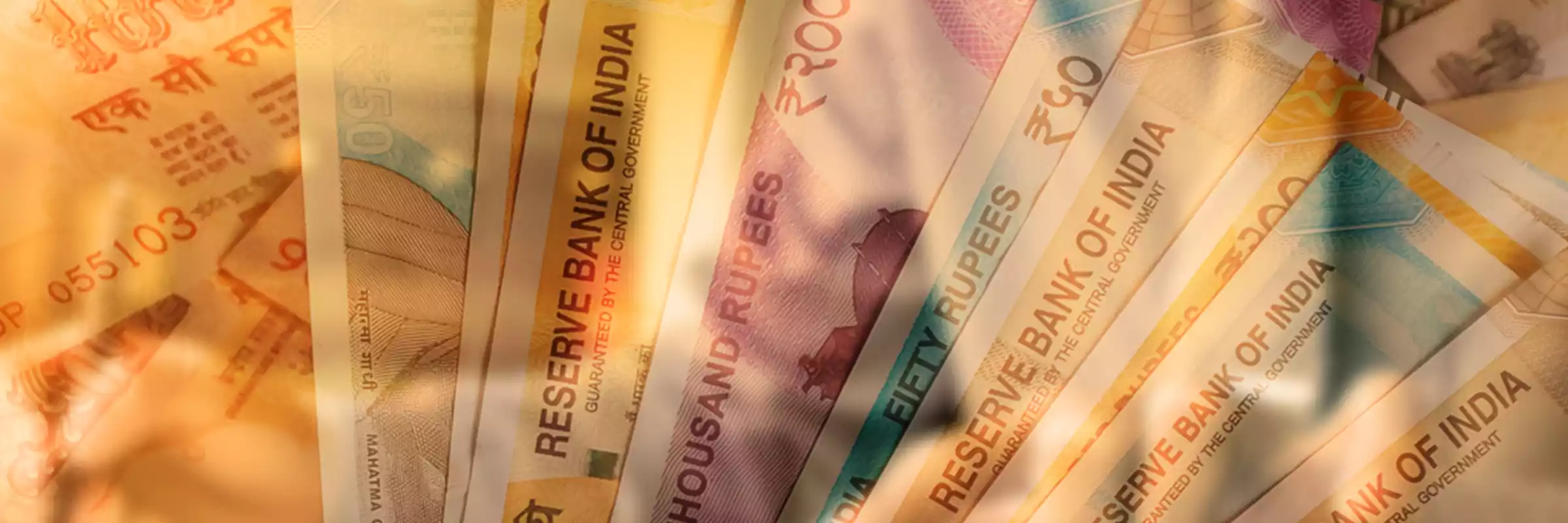
- Home
- Featured Themes
- Taxes
How do banks score on
About Taxes
Tax revenues are crucial for any government for spending on the social sector. India spends only 1.2 per cent of its GDP on healthcare as compared to the world average of 6 per cent. India’s spending on education is 3.8 per cent of its GDP which is also less than the world average of about 4.7 per cent. RBI has raised concerns about such low spending on the social sector and attributes it to lack of fiscal space for spending. Globally, there is an increasing demand for action to restrict easy tax avoidance by corporations and the decline in corporate taxes. Corporate tax avoidance leads to significant revenue losses as high as 1.3 per cent of GDP for non-OECD countries.
To put this in perspective, a study on corporate tax shows that just four big pharmaceutical companies may have underpaid Rs 530 crore in Indian taxes. The investor community strongly supports the call for greater transparency in taxes that companies pay. Financial institutions can influence corporate policy and actions on tax transparency by choosing to invest in or lending to corporations that pay their taxes in a fair and transparent manner. Indian banks appear to have a lot of ground to cover in the area of tax transparency, with none of the assessed banks publicly disclosing any policies on tax transparency either for their internal operations or for their investee companies.
Thank you for submitting
Your message has succesfully been placed
